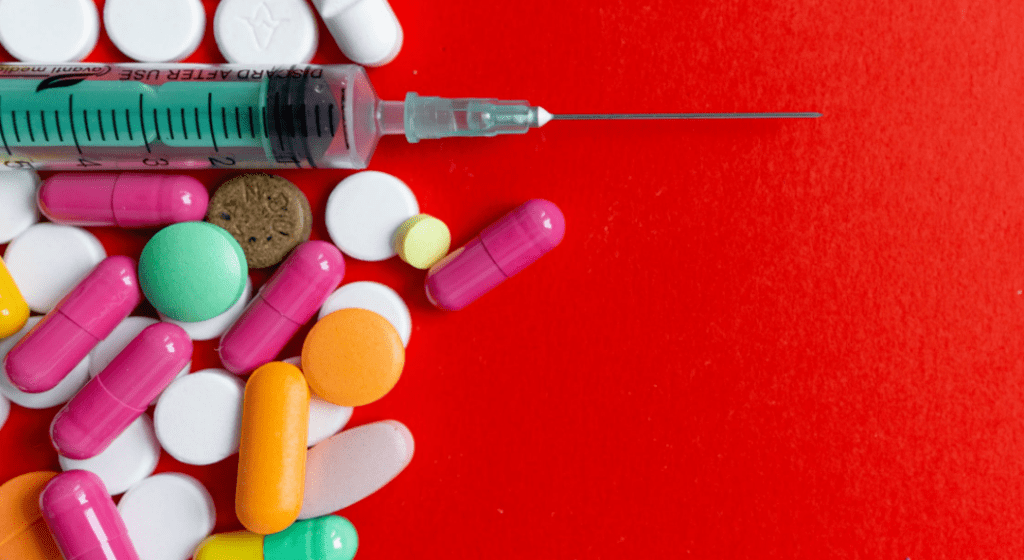The perils of addiction are presented to us from an early age, from a number of angles. Public awareness campaigns, TV storylines and the often public struggles of favorite celebrities mean that few of us are ignorant of the dangers. It may then be shocking to us when one of our peers, or even ourselves, end up with an addiction, but it’s worth remembering – all of those people whose struggles are splashed across our screens and front pages also had the same exposure to the realities beforehand. Sometimes, the pull of a substance can simply be stronger.
It’s important to know that before you attempt to tackle an addiction, whether that’s your own or as a parent, a friend or loved one. Often the primary impulse will be one of irritation or to blame a person for their issues, but this is never going to be productive. For the best chance of a lasting recovery, the following steps are far more important than rehashing the old warnings, and they’re more likely to help bring about a lasting recovery.
It’s never too early to get help
It’s not uncommon to feel as though you can’t get help or that you’re not really experiencing addiction. You might think that “real” addicts would be in a worse position than you are. That often isn’t the case, as even college students and addiction can be a regular occurrence. If you’re experiencing addiction in any form, it’s never too early to get help.
It’s even recommended you get help as early as you can. By doing so, you’ll be in a much better position to recover and get back onto the path to sobriety. The earlier you get help, the less damage your addiction will have on your overall life. In time, that often makes it harder and harder to get and stay sober.
Everyone wants to avoid that. Once you realize you’re experiencing addiction, it’s time to reach out for help. There’s no shame in admitting you need it and getting it.
There is no need or reason to wait for “rock bottom”
There are different stages of addiction, of which the lowest and most dangerous is that known as “rock bottom”. For some users this will come when they get arrested either for possession or for an offense linked to their addiction. For others it may come when they end up in hospital as a result of an overdose. Many users talk about these moments as the point where they realized they had to get help, but it doesn’t need to get to this stage. It’s been shown time and again that intervention before it gets to such a dire turn of events – while a person is still relatively tuned in to the positive things in their life – is more effective.
Recovery is not a straight line

People tend not to get to a place of addiction from a straightforward life, and it is naive to imagine that their escape from it will be simple and unproblematic. Relapses do happen, and it’s not just something that happens within 48 hours of deciding to go clean. A person can be several weeks or months into their recovery and seemingly hitting every target they need to, and then find themselves using again. This doesn’t erase their progress, and it is crucial not to lay into them for the mistake; rather, speak with them and ask what was going through their mind – and then look for ways to avoid the same triggers in future.
There is no one perfect way to ditch addiction
Part of the reason that people can have so many attempts to give up drink or drugs and still not quite make it, is that there are more factors in an addiction than is immediately obvious. Someone might start using because they like the idea of a buzz, but in the background they are also dealing with a stressful job and an old sports injury. This can mean that by the time they seek help for an addiction they have a physiological dependence on the drug, allied to psychological issues that make it hard to give up, and physical pain into the bargain.
This means there is more than one problem – and there may need to be multiple aspects to their recovery. For their mental state, counseling and reading sobriety and recovery quotes may be helpful. For the physiological side of things, they may need medication such as an opioid replacement course. They may also need some form of pain management. Getting clean for good can be a real job of work, but it is worth doing it completely and getting a stronger recovery which can hold long-term.
Shame and blame are counterproductive
It’s easy to get angry at someone for using drugs or alcohol, and all the more so when they’ve recently begun treatment. If you’ve played a part in their recovery up until that point, it’s hard not to feel slighted when they seemingly throw your help back in your face. And so it might feel justified, even cathartic, to shout at them and air grievances – but you need to drop it. Getting angry won’t turn back time and un-take the drugs. Making someone feel ashamed is more likely to turn the one-off aberration into a repeat offense, as shame is a powerful trigger for substance abuse. You may feel like they deserve a dressing-down – they might tell you to get angry – but at this point, you need to be there for them, not you.
Engaging with a program is the smartest way forward

A lot of people with addictions are quite cynical about the idea of rehab, seeing it as unproductive navel-gazing on one hand, and unnecessary on the other. They might argue that it’s easy enough to give up drink or drugs as long as you want to. However, rehab works because it addresses all aspects of addiction – and there are signs that, even if you go along to rehab with a cynical frame of mind, it still works. The structured process, supportive atmosphere and scientific approach to a path of recovery offer the best way to get clean, and a place to go back to in order to stay clean. Find some substance abuse treatment centers and see which of them offer the approach that you feel will benefit you most, whether it be CBT or Motivational Interviewing for Alcohol addiction. Different people respond differently to treatment approaches, so don’t be disheartened if you don’t find the right one straight away.
Replacing the addiction can work wonders – with the right replacement
Addiction is a compulsive behavior, and for some people the key to getting over an addiction is to replace that compulsion with another. Now, ideally, compulsive behavior should be discouraged in and of itself – it can become as risky as substance abuse, depending on the compulsion. With that said, making work for idle hands is not a bad idea; if you find that baking fills a hole that used to be where drugs and alcohol went, then stick with it. Beating addiction is always about rewiring the brain to some extent, and staying off drugs is the main point, so any distraction from the addiction will make a difference.
Giving up drink or drugs is hard – harder than not getting into them in the beginning – but the alternative is to let them take control. Use every arrow in your quiver to ensure that you, or your loved one, have the avenues open to you to get and stay clean.


